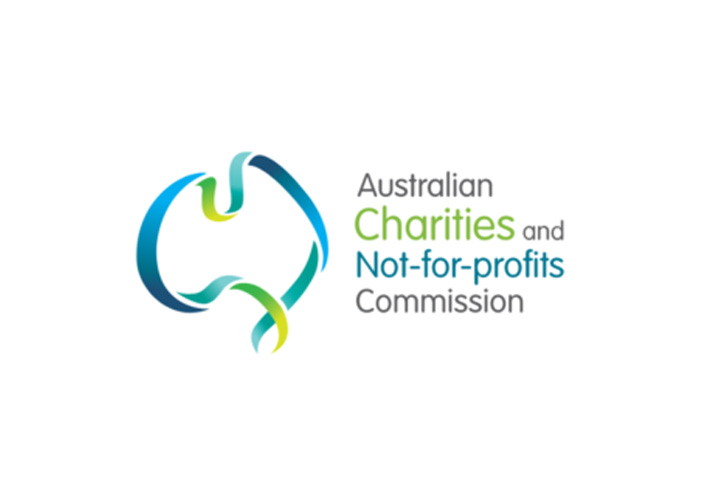Testamentary Charitable Trusts
Australia is one of the most philanthropic countries in the world and it is accordingly not surprising to see a growth in the number people leaving philanthropic gifts via a testamentary charitable trust.
This newsletter outlines the reporting obligations of these special purpose trusts.
Australian Charities and Non-for-profits Commission
The Australian Charities and Not-For-Profit Commission (ACNC) is the national body charged with the regulation of the not-for-profit sector. The responsibility of the ACNC therefore includes Testamentary Charitable Trusts.
The role of the ACNC is largely to ensure public confidence in the sector and reduce unnecessary regulatory obligations in the sector.
What are my charities obligations?
Most charities must lodge an Annual Information Statement with the ACNC for each reporting period. The Annual Information Statement is a snapshot summary of the financial position of your charity and provides additional information about those to whom your charity provides benefits.
The Annual Information Statement is published on the ACNC website as a public record of your charities operations unless there are specific grounds for this information to be withheld. The Annual Information Statement is due within 6 months of the end of your reporting period. For most entities this will be 31st December, unless you have elected a substituted accounting period with a year-end date that is not 30th June.
How do I know what size my charity is?
The key to to meeting your obligations to the ACNC is to determine the size of your charity based on its “revenue”.
Although each charity needs to be assessed on its own operations, amounts likely to be considered revenue are grants, donations, sales and investment income such as interest and dividends.
Any gains that arise from the sale of non-current assets are not considered revenue and can be excluded from the test to determine your charity size. This also holds true for unrealised gains.
Should your charity receive a one-off bequest for example that changes its size from small to medium, an application can be made to retain the small charity reporting obligations for that year.
What are my financial reporting obligations?
Small Charities
Charities with a revenue of less than $250,000 must answer the financial questions on the Annual Information Statement however they are not required to submit a financial report. Submission of the financial report is optional. Small charities are also not required to have their financial statements reviewed or audited for ACNC purposes.
Medium Charities
Charities with a revenue of more than $250,000 and less than $1,000,000 are required to answer the financial questions on the Annual Information Statement and also submit their financial report.
If your charity is a reporting entity, general purpose financial statements will be required but may be prepared under a reduced disclosure regime. This involves compliance with the relevant accounting standards for a reporting entity.
If your charity is not a reporting entity you may choose either special purpose or general purpose financial statements. In choosing special purpose the ACNC has minimum mandatory accounting standards which must be complied with. The financial report must be reviewed or audited.
Large Charities
Charities with a revenue over $1,000,000 are required to answer the financial question on the Annual Information Statement and also submit the financial report.
If your charity is a reporting entity, general purpose financial statements will be required but may be prepared under a reduced disclosure regime. This involves compliance with the relevant accounting standards for a reporting entity.
If your charity is not a reporting entity you may choose either special purpose or general purpose financial statements. In choosing special purpose, the ACNC has mandatory accounting standards which must be complied with. The financial report must be audited.
Do I need to register for GST?
Your non-profit organisation must register for GST if the GST turnover is $150,000 or more. Those under this threshold may choose to register voluntarily.
As a charity, there are GST concessions which deem certain types of income to be GST-free. To be eligible you must apply for endorsement. In some instances, this can provide the charity with access to a sizeable amount of input tax credits that ordinary businesses are not entitled too.
Do I need to lodge a refund of franking credits claim?
If your charity is endorsed for income tax exemption you may be entitled to a refund of franking credits. This is only going to be relevant where you receive franked distributions or dividends but can result in significant refunds.
How can we help?
BNR Partners has over 15 years’ experience in the charity & not-for-profit sector. We can assist you with all the following aspects of running your charity:
- Registration as a charity including income tax exemption, ABN, PAYG and GST
- Preparation of financial statements and/or management accounts
- Lodgement of your Annual Information Statement with the ACNC
- Preparation of business activity statements
- Preparation of refund of imputation credit claims
- Preparation of ancillary fund returns
- Applications for private binding rulings
Feel free to contact our team should you want to discuss this topic further and potentially have clients who may be in this situation.
This publication is not intended to be and should not be used as a substitute for taking taxation advice in any specific situation. The information in this publication may be subject to change as taxation, superannuation and related laws and practices alter frequently and without warning. Neither BNR Partners Pty Ltd, our employees or agents are responsible for any errors or omissions or any actions taken or not taken on the basis of this publication.


